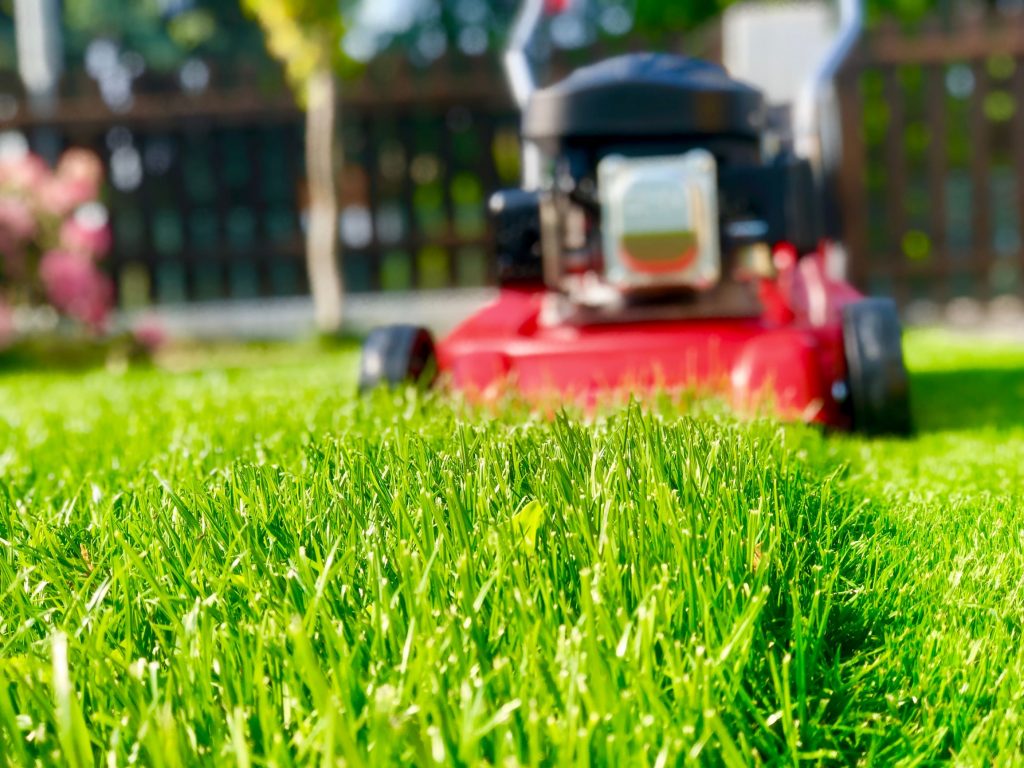DIFFERENT TASTES IN VEGETABLES
By: Gary Garner Sr.
Do you ever wonder why you plant a certain variety of tomato one year, then plant the same one the next year, but the tastes don’t seem to be the same as the ones you grew the previous year? We’ll use tomatoes for our example but the same is true for all of your garden vegetables! You might think all Big Boy tomatoes should taste the same. But the truth is they don’t all taste alike. There are many factors that determine the taste of produce. Some are minor, some are major. some we can control; some we have no control over.
A few we can control are variety, soil and fertilization. Make certain when you buy plants, they are the same ones you planted last year. It’s easy to confuse Big Boy, Big Boy hybrids or even Big Girl. They all look pretty much the same but each has some different features in times to harvest and in taste.
Soil may be the single most important factor in taste determination outside of variety. The crop picks up taste from the soil. The soil in your garden is going to be different from the soil in my garden. One of us may compost leaves and add it to the garden. Someone else may throw firewood ash on the garden. You may add grass clippings, you could grow a cover crop. You could add horse or chicken manure. All of these things are good for the garden but they all slightly alter the taste of what you are growing.
The type of fertilizer you apply also factors into the taste. They may not have a profound effect but they will have some. An organic grown tomato is going to taste different than the same tomato grown with 10-10-10.
Then there are the things we have very little control over. Water, sunlight and temperature being the three-prime ones. You obviously have some control over water. You can decide to irrigate or not to irrigate. Mother Nature, on the other hand, rains as much or little as she chooses. I know I have mentioned this before but my son grows a large garden in plain old red soil. In all the years he has planted this garden he has never watered and he always has an abundant harvest.
Anyway, the type of water and the amount of water the crop receives has an effect on the taste of the produce. Rain water, well water or city water all taste different when we drink and they all change the taste of the crop to which they are applied.
The amount of light the crop receives also will have some effect on the taste of the crop. Sunlight and temperature can usually be tied together. Most vegetable crops grown through the summer like plenty of sunlight and warm temperatures. A cool cloudy spring and summer generally does not make for a good garden season. We have little or no control over these two factors.
So next time you bite into a tomato or other produce this might offer some insight on why it tastes as it does.



